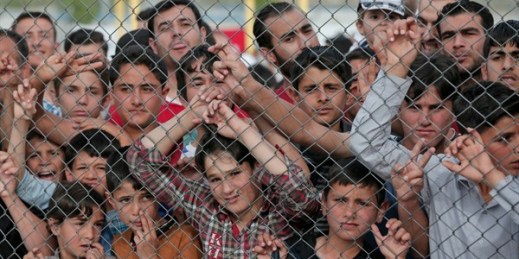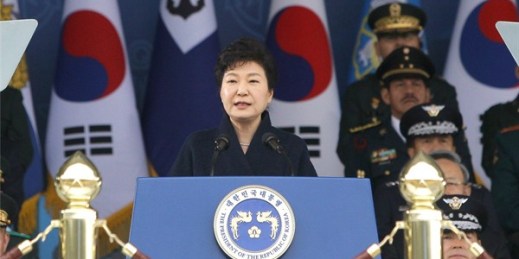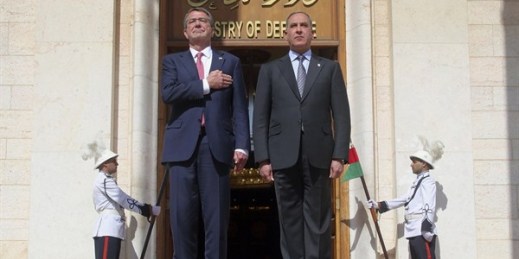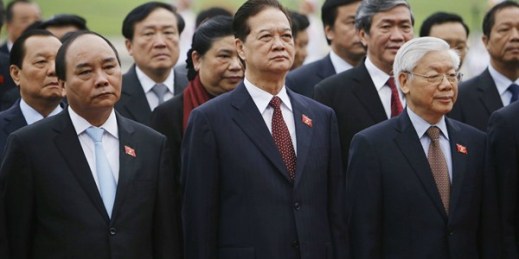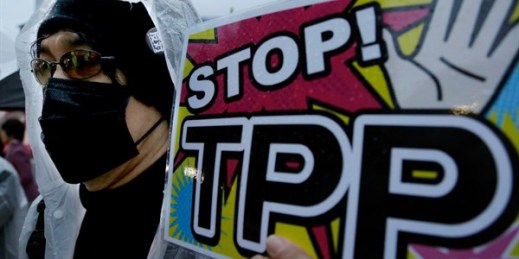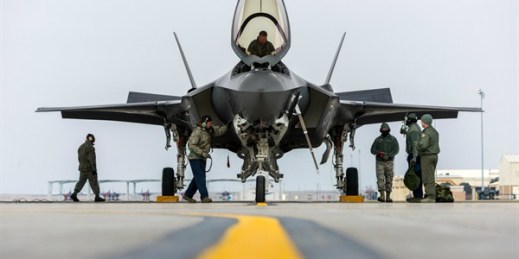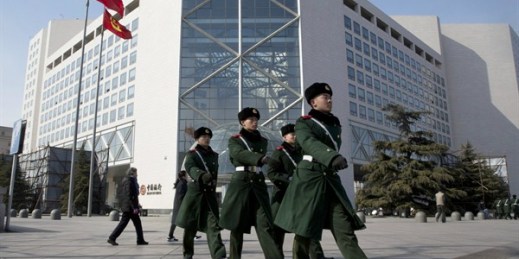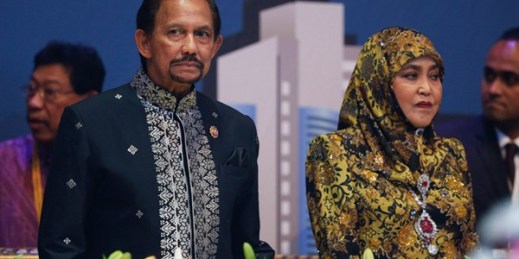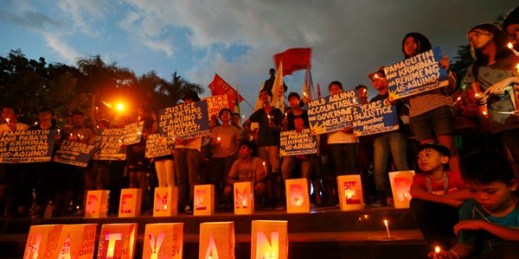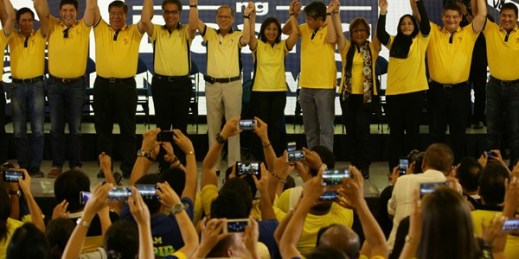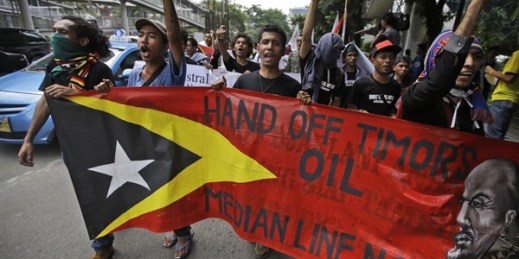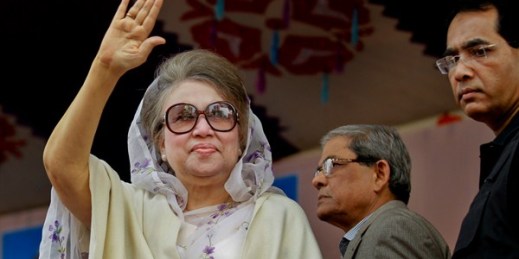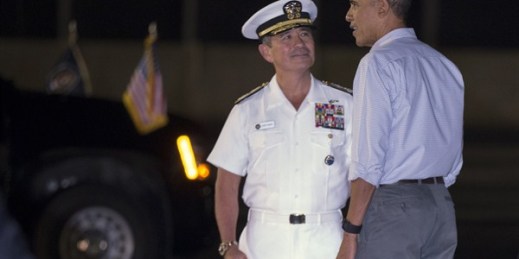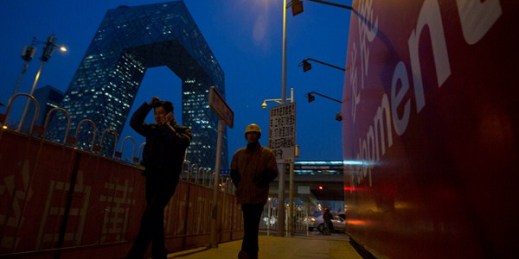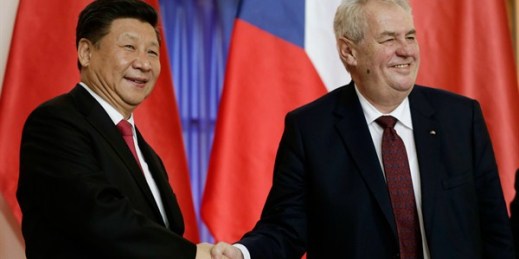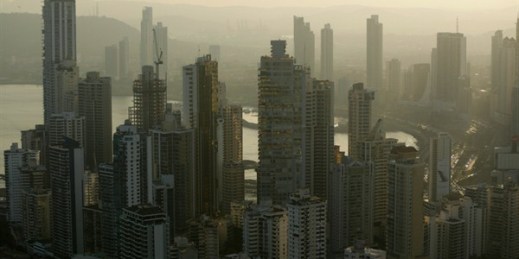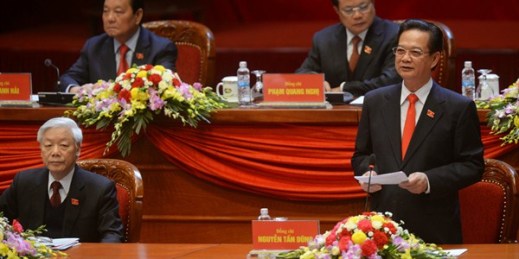
In this week’s Trend Lines podcast, WPR’s editor-in-chief, Judah Grunstein, and host Peter Dörrie discuss the recent violence in Nagorno-Karabakh, the U.N.’s cease-fire monitoring capabilities, and West Africa’s regional anti-Boko Haram force. For the Report, David Brown joins us to discuss leadership struggles, prospects for economic growth, and the fight against corruption in Vietnam. Listen: Download: MP3Subscribe: iTunes | RSS Relevant articles from WPR: Why Nagorno-Karabakh’s Conflict Turned Hot—and Could Again It’s Time for the U.N. to Refresh Its Neglected Cease-Fire Monitoring Skills West Africa’s Regional Force Against Boko Haram Is a Political Prop Can Vietnam’s New Leadership Deliver on […]

